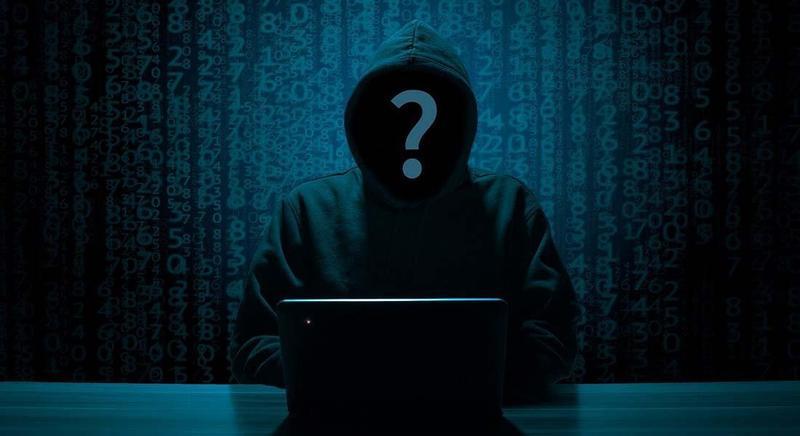It’s better to be safe than sorry. What is cyber ethics and how to be safe online
It’s better to be safe than sorry. What is cyber ethics and how to be safe online
"Cyber ethics" refers to the code of responsible behavior on the Internet.
Just as we are taught to act in day-to-day life with such things as "Don't take what doesn't belong to you" and "Don't hurt others ”, we must also act responsibly in the cyber world.
Why do we need a particular ethic if there is a common one?
Cyberethics itself focuses on the behavior of people on a computer. Even simple human-machine interactions, such as calculus problems, raise many questions.
What should I know about cyber ethics?
When forming your ethical principles in the digital world, you, firstly, accept responsibility for your actions, and secondly, you take into account the actions of third-party participants in the process.
10 cyber ethics rules that you need to know:
- Do not use your computer to harm other people;
- Do not interfere with with the work of other users of computer networks;
- Do not use files that are not intended for free use;
- Do not use your computer to steal;
- Do not use your computer to disseminate false information;
- Do not use stolen software;
- Do not misappropriate someone else's intellectual property;
- Do not use computer equipment or network resources without permission or appropriate compensation;
- Think about the possible social implications of the programs you write or the systems you develop;
- Use a computer with self-restraints that show your consideration and respect for other people.
Speaking about safety, here are some tips that will help you be safer on the Internet!
Wi-Fi safety:
- Don't share your personal information over public Wi-Fi networks
- Turn off 'File and Printer Sharing' when using Wi-Fi.
- This function is closed by default, but some users activate it for ease of use in work or study
- Do not use public Wi-Fi to transfer personal data
- Use only secure HTTPS connection
- Turn off the "Connect to Wi-Fi automatically" function on your mobile phone.
- Do not allow the device to automatically connect to Wi-Fi networks.
Social media safety:
- Limit your 'friends list', don't let random/unfamiliar/unknown people be in it
- When communicating with people you do not know, do not use your real name and other personal information
- Avoid posting photos on the Internet where you are depicted in an area where it is easy to determine your location
- When registering on a social network, you must use a password containing letters and numbers and with at least 8 characters
- You need to use different passwords for different social networks
Electronic money safety:
- Link your mobile phone to your account
- Use a one-time password
- If you don't have a one-time password option, choose a STRONG password
- Do not enter your personal data on sites that you do not trust
In many ways, cyber ethics is identical to ethics, which manifests itself in any other type of interaction between people. Each person participating in the virtual discussion or environment is expected to behave in a manner that demonstrates honesty, and respect for others.
Be safe!
Be the first to post a message!
